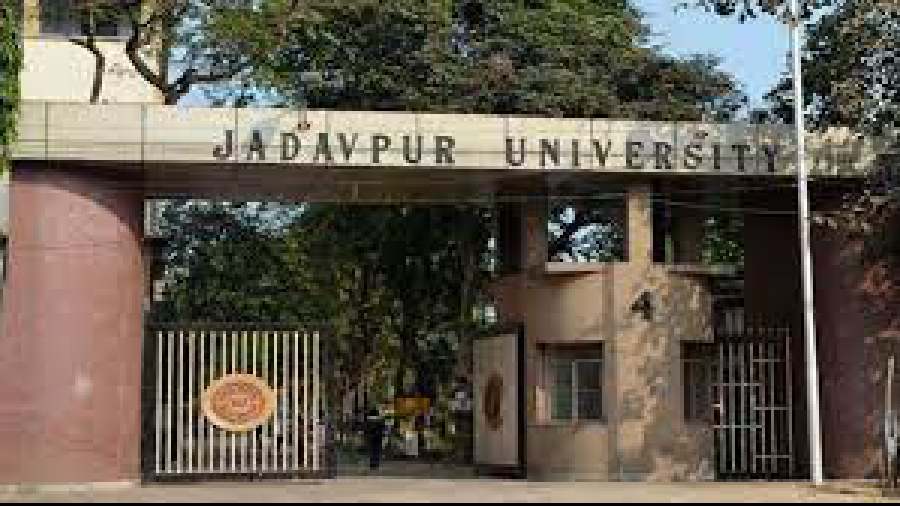The economics department of Jadavpur University has proposed a Rs 400 annual laboratory fee be introduced because the university authorities are not paying for the maintenance of its computers.
The department got the proposal approved by its board of studies and the faculty council and it was placed at a meeting of the university’s executive council on Thursday.
At the meeting, the head of the department explained what prompted the proposal. The economics department comes under the arts faculty.
The head is also the chairperson of a committee that has been constituted to look into the ‘huge gap’ in JU’s income and expenditure and suggest measures to bridge it.
A council member said the council had “taken note of the proposal” and was trying to negotiate the fees in consultation with students before making a decision about its introduction.
A teacher of the economics department said since the university could not provide funds required to install certain programmes on the computers, they have not been able to operationalise 46 new computers bought before the pandemic.
Saikat Sinha Roy, head of the economics department, said: “I detailed before the executive council what is the ‘real situation’ that prompted us to think of introducing the fees both at the undergraduate and postgraduate level from the next academic year. I also apprised them that the arts faculty students’ union is opposed to the introduction.”
“Now the executive council has to take a decision.”
JU vice-chancellor Suranjan Das told The Telegraph on Monday: “No decision has been taken so far. We are exploring the possibility of providing subsidy so the fees could be less than the Rs 400 that has been proposed”.
The issue of fees has been a raging topic on the campus since September last year, when JU finance officer Gourkrishna Pattanayak wrote in the university’s first newsletter that JU is facing an acute dearth of resources and facilities for academic development and the only option left for “resource generation” is increasing the fee
In the article titled “Management of finance in acute dearth of resources in the state-aided universities: special reference to Jadavpur University”, Pattanayak advocated enhancement of fees “to a reasonable figure to tide over the situation”.
The financial crunch that JU is encountering has become so acute that it featured prominently in VC Das’s convocation address on December 24 in the presence of Bengal governor C.V. Ananda Bose, the chancellor.
Inadequate support both from the state government and the central government is at the heart of the fund crunch.
A teacher of the economics department said since the computers could not be operationalised, they have not been able to introduce a programme designed to raise employability of students.
“The fund crunch has come in the way. Students are suffering because of this,” the teacher said.
VC Das said: “We are exploring possibilities so funds could be provided. The university will make necessary arrangements”.
